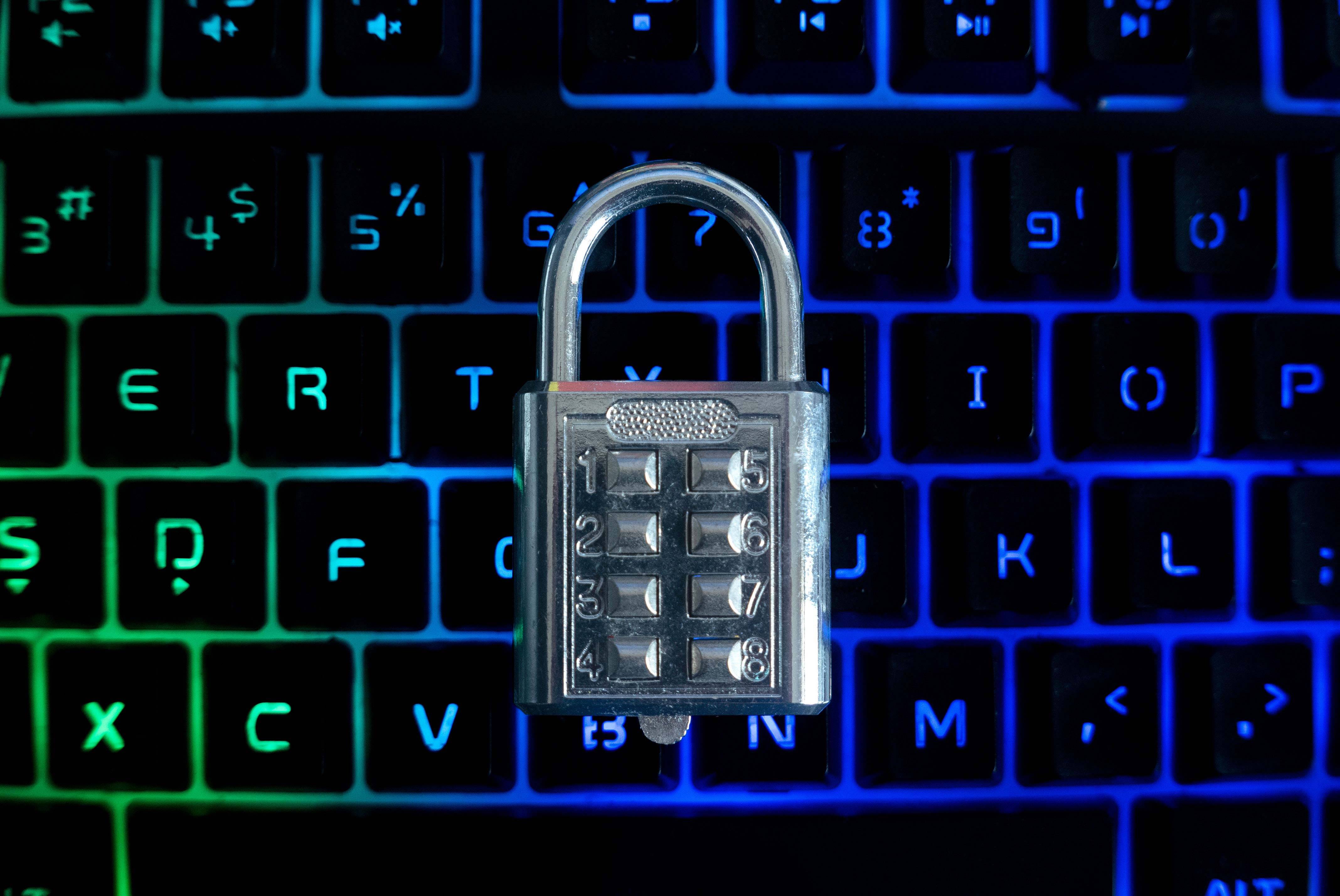What happens when you stop using VPN?

When you stop using a VPN (Virtual Private Network), your internet connection returns to its normal state, and your device will no longer be using the VPN server to connect to the internet. This means that your IP address will change back to your ISP-assigned address, and your online activities will no longer be routed through the VPN server.
Here are some specific things that can happen when you stop using a VPN:
-
real IP address will be exposed: When you use a VPN, your online activities are anonymized by the VPN server, which masks your real IP address. When you stop using the VPN, your device will no longer be protected by the VPN's anonymity, and your real IP address will be visible to websites, apps, and online services.
-
Your online activities may be monitored: If you were using a VPN for privacy reasons, stopping the VPN may mean that your online activities can be monitored by your ISP or other third parties. This is because your internet traffic is no longer encrypted and protected by the VPN server.
-
You may lose access to region-restricted content: If you were using a VPN to access region-restricted content, such as streaming services or websites, stopping the VPN may mean that you no longer have access to that content. This is because your IP address will no longer be spoofed to appear as if you are in the region where the content is available.
-
Your internet speed may improve VPNs can sometimes slow down your internet connection due to the encryption and rerouting of traffic. Stopping the VPN may mean that your internet speed returns to normal.
In summary, stopping the use of a VPN can result in a loss of privacy, a loss of access to region-restricted content, and potentially faster internet speeds.